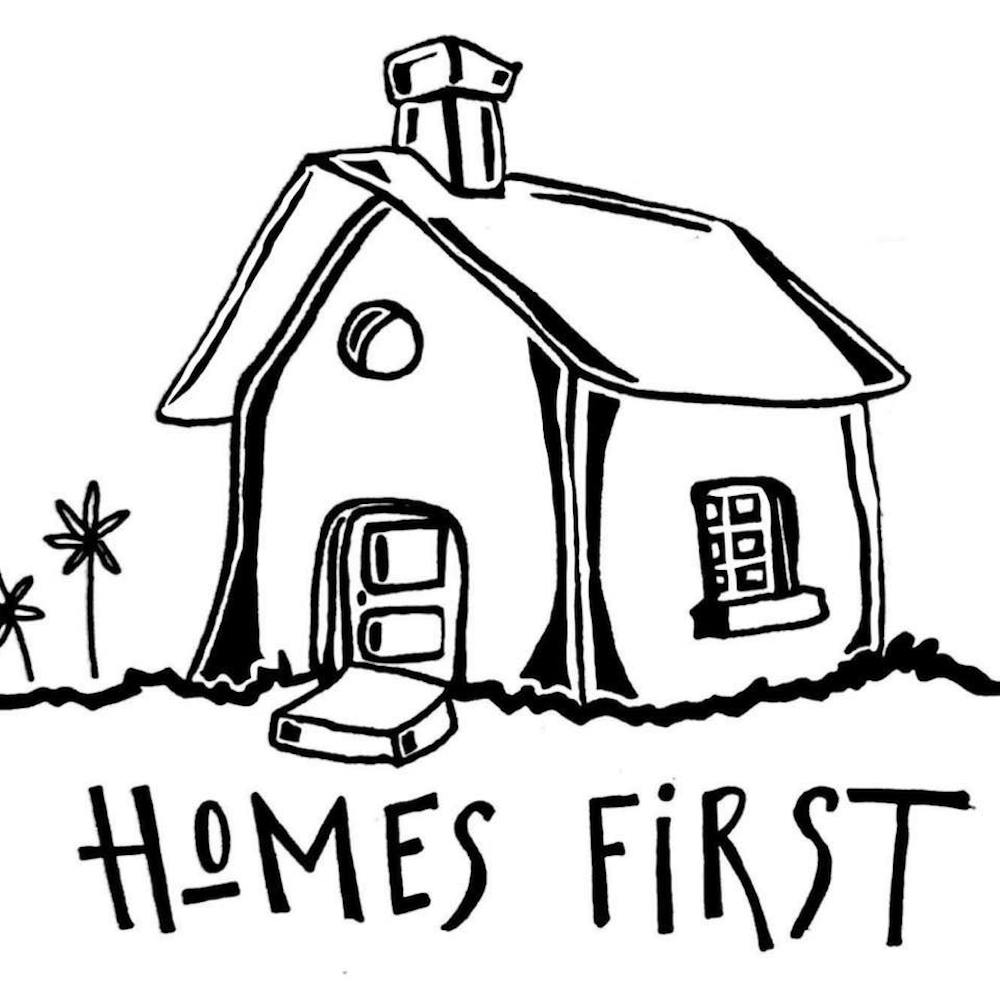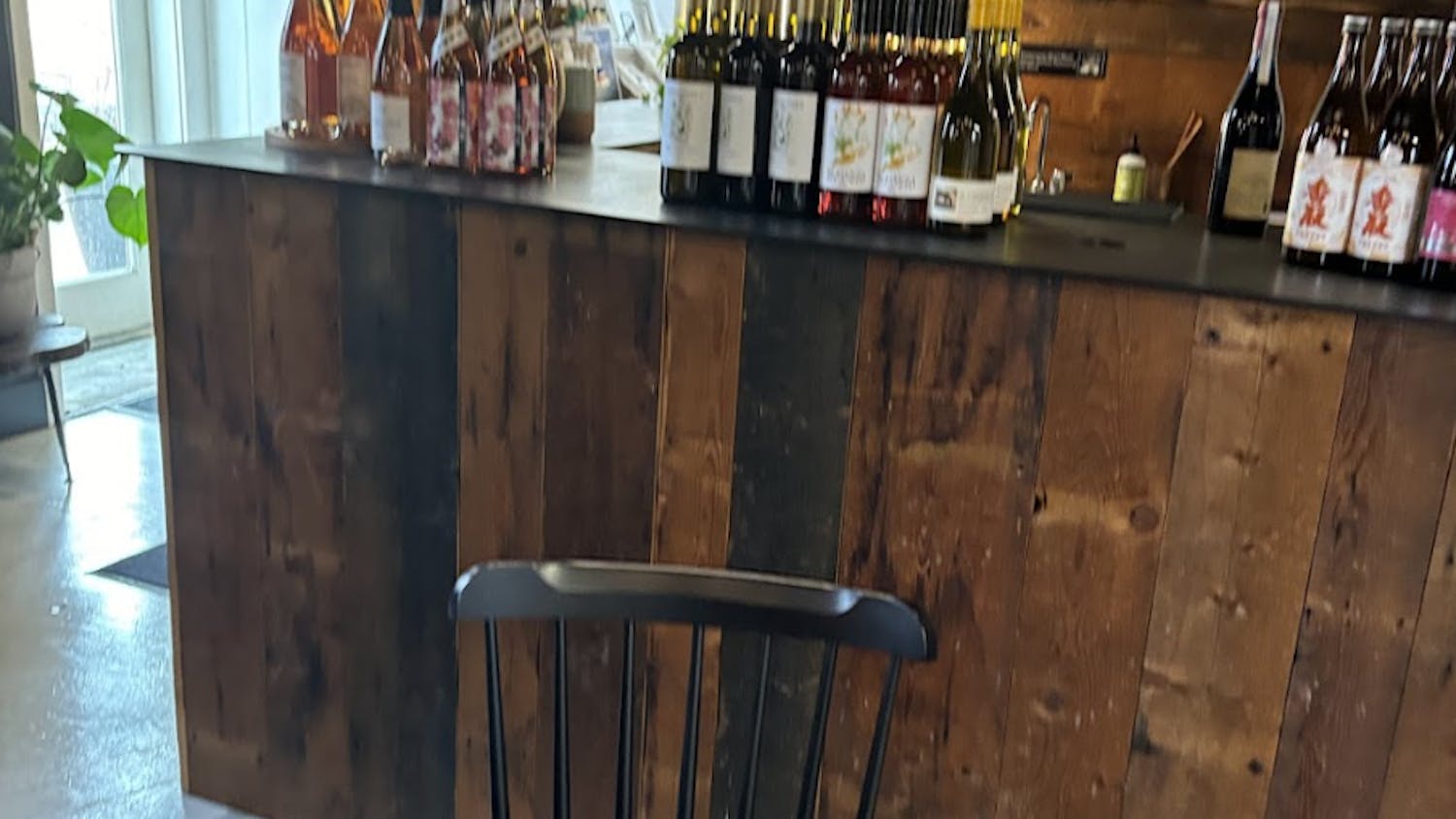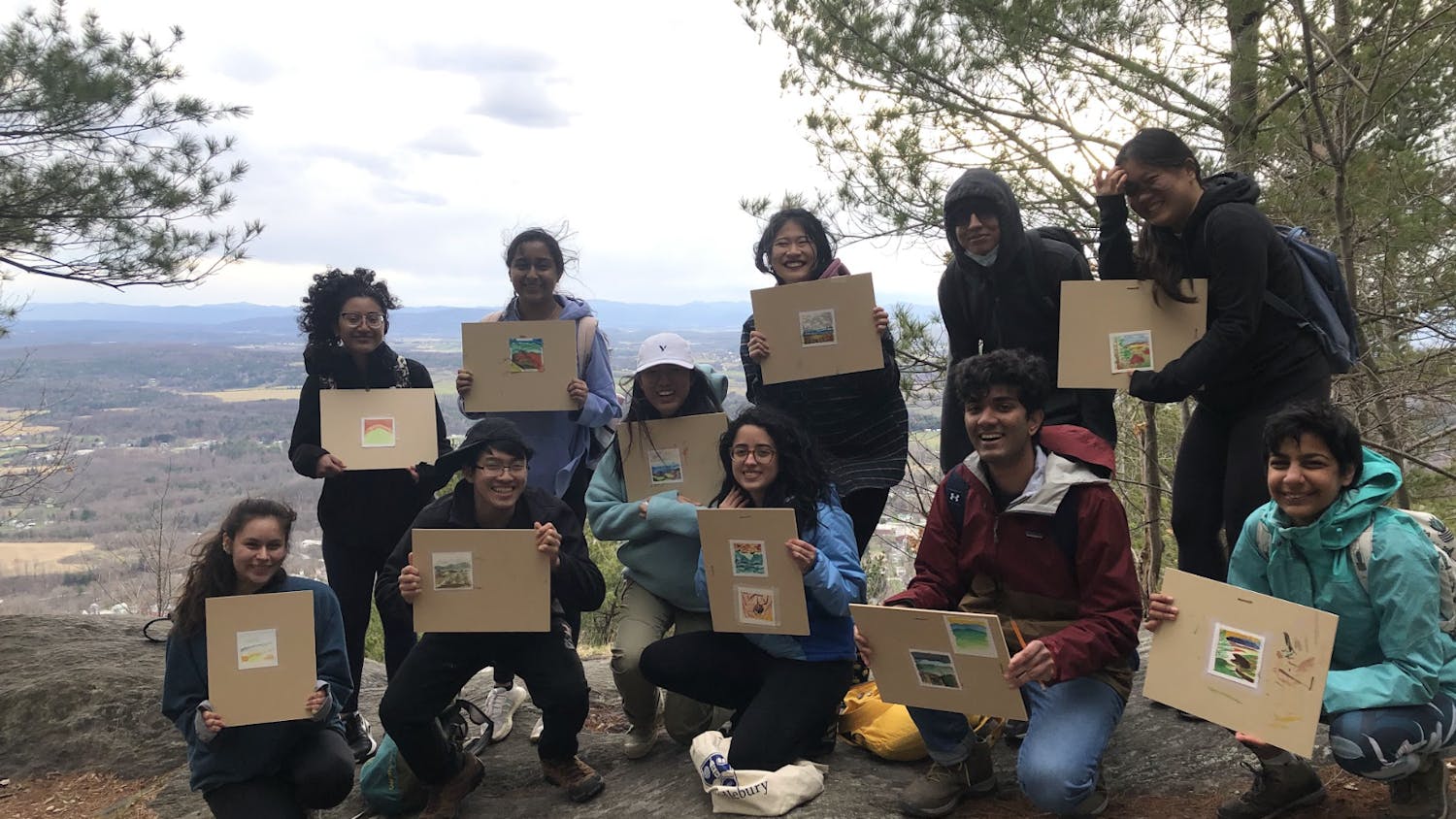The nationwide tiny house movement has come to Middlebury in the latest solution to affordable housing. Homes First, a grassroots organization founded and based in Middlebury, is hoping to bring a village of tiny houses to town as a form of affordable, dignified housing.
“It all started with one woman about a year and a half ago,” said Mary Beth Simons, one of the original members of Homes First. “She wanted to do something about the housing problem in Middlebury, and so she went to a housing coalition meeting.” That woman, Middlebury resident Andrea Galiano, was then introduced to Ingrid Pixley, a member of the Counseling Service of Addison County and dedicated Charter House Coalition, who shared similar ideas to Simons. They decided to team up to try and find a solution to affordable housing in Middlebury.
After reading an article about Homes First in the Addison Independent, Simons decided to join the team, which has met every two weeks for about a year. The meetings thus far have centered around how a tiny-house village can be feasible in Middlebury. According to Simons, Homes First is “just a small group of people that want to show a different model of sustainable housing for Middlebury.”
One of the main obstacles currently facing the tiny house movement is the lack of available land on which to build. Simons hopes that by talking to community members, she can convince people with excess land to consider building tiny houses. Other options include working with the town to acquiesce public land, whether the land is bought or is given as a gift.
Tiny homes can also defy local zoning laws, as most municipalities have a minimum square footage for new homes. Allowances to zoning laws may have to be made by the town of Middlebury.
Pushback from the general community, however, has not been an impediment to Homes First thus far. “People have good intentions in Middlebury,” Simons said. “The values of Vermont, values of Middlebury are geared towards this type of thing.”
Homes First’s immediate plans include, first and foremost, introducing its idea to the Middlebury community. It held its first general meeting on Oct. 30 at Champlain Valley Unitarian Universalist Society. “It was beautiful,” Simons said. “There was about twenty people there, and they represented all different parts of the Middlebury community.” Other plans to spread the message include putting up posters in town and increasing awareness of the Homes First Facebook page.
Simons recently took six high school students and two college students on a cross-country tiny homes tour as a part of a journalism education program called Conversations from the Open Road. According to their website, Conversations from the Open Road “are a student journalism, digital media crew probing the challenging issues and individual stories in our communities.” Students visited tiny homes villages in Syracuse and Ithaca, N.Y.; Detroit, Mich.; and Portland and Eugene, Ore. Afterwards, they made short videos about what they learned. These shorts, accompanied by an introduction by Simons, will be shown at The Marquis Theater on January 22.
Simons found certain aspects of each tiny village they visited helpful in envisioning a tiny village for Middlebury. Detroit, for example, has a mixture of rental-only properties and rent-to-own properties available for residents in their tiny house village. Simons also liked the aesthetic appeal of certain tiny house villages.
“In Detroit and Eugene,” Simons said, “the priority is dignified, beautiful housing.”
Another commonality between the tiny house villages was the level of input from the community. “We want everyone to feel like they can be a part of it,” Simons said. Most tiny house villages are funded by grassroots campaigns like this one and are are designed by volunteer architects and built by volunteer carpenters. Simons plans to reach out to the Architecture Department at Middlebury College to potentially form a partnership.
“It’s just wonderful to work with high school and college students,” she said, “because of that righteous understanding that we need to do something.” The best way for college students to be involved is to show up to meetings (to be posted on their Facebook page) or contact Simons with any creative ideas or for more information.
Simons remains optimistic about the future of the tiny house village.
‘“It’s not scary; it’s going to work, and it’ll be beautiful,” she said.
The founders of Homes First can be reached at the following email addresses. Mary Simons, mary.beth.simons@gmail.com; Andrea Galiano, dreagaliano@icloud.com; Ingrid Pixley, ingrid.pixley@gmail.com.

Lucy Townend '22 is a Managing Editor alongside Abigail Chang.
She previously served as a senior section editor, a local editor, and a copy editor.
Townend is majoring in International Politics and Economics, studying French throughout her years at Middlebury and is planning on completing a thesis focused on income inequality and regime change.
This previous summer, Townend interned as a private banking analyst at a mid-sized bank in Chicago and plans to continue her work there after graduation.




